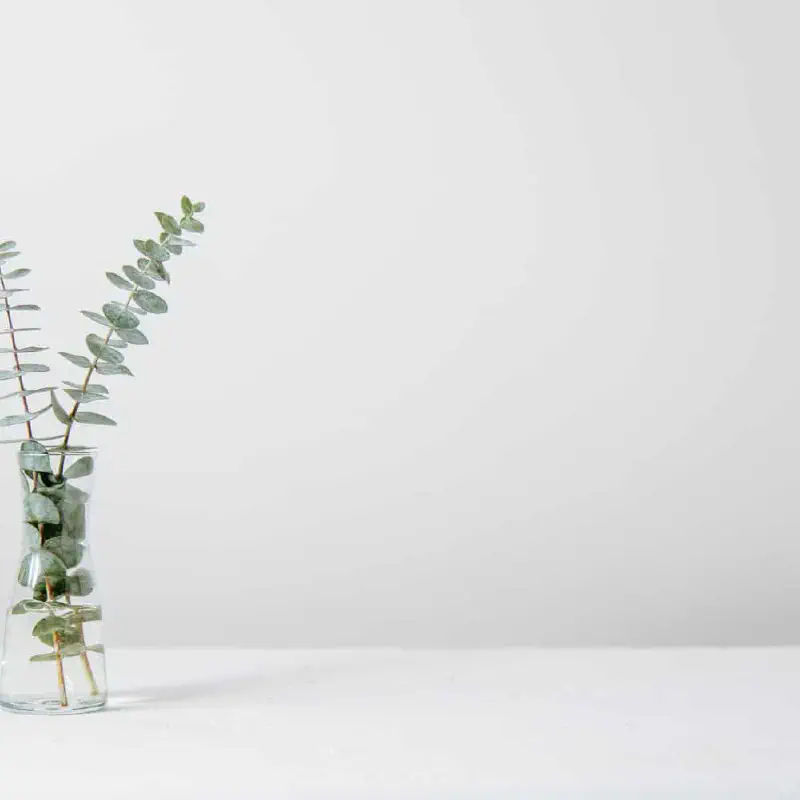The realization that you could benefit from therapy is not an easy one to arrive at. We appreciate your courage in starting a potentially life-changing journey.
If this is the first time you’re experiencing therapy, or a new counsellor, you might be having some questions. We’re going to try and make it easier for you 💙.
If your mind is racing with thoughts like “What should I say in the first session?” or “How do I remember everything I have to say?”, we have worked on a free resource especially for you (Click here to know more about our resource called “One Day To Therapy”).
But….If you’re feeling clear about what you’d want to address in therapy, we’ve listed down a few tips that could help you for your first session:
Walk in a bit early:
Try to avoid the stress of not being able to make it on time to your first appointment. Your psychologist may ask you to fill out a form regarding your general information and what you’d like to address in therapy. Also, some counsellors may not be able to extend your session if you don’t turn up on time. Hope your maps guide you through the fastest route!Re-plan your day:
After a therapy session you might feel much lighter, though at times you may leave feeling a bit overwhelmed as well. This is an environment you have never been in before, and unfamiliarity can be exhausting. Make sure you do not have hectic activities planned before and after the session, instead you may want to prioritize something relaxing.Wear something you feel comfortable in:
The best part of therapy, is that it’s an intimate conversation, thankfully not an interview. Wear something comfortable! It might be a cosy sweater or a t-shirt of your favourite band, just put on something you feel like yourself in.Your therapist is not going to judge you:
Remember, your counsellor should be someone you feel safe with, and respected by. Don’t hesitate to bring up the tiny details, the coffee you had earlier that day, your hobbies or anything at all. You may also choose to dive right into your concerns. It’s your journey.Take your time:
You need not mention everything that you have been going through in just one session. As you start getting familiar with the therapeutic process, you will start feeling more comfortable being in the therapy room.
Try noting how much time you need:
After a few sessions, you may start recognizing how time flies. If it’s something you do not feel alright about, feel free to talk to your counsellor about it. They may have suggestions, weekly activities, or other recommendations to make the session more about what you’re looking for.If needed, get someone supportive along:
If you have someone close to you that you’ve been talking about going to therapy with and they’ve been encouraging towards this idea, you might want to get them along to your first appointment. They can sit next to you in the waiting room or even join you during the session. If your therapist’s office is pet friendly, you could even ask them about bringing your pet along. Whatever you prefer! If you don’t know who you can bring along, know that a lot of people go to therapy by themselves as well 🤗.Don’t forget that this time is about you:
In therapy, you might be doing most of the talking. You may find yourself saying (or thinking) “I spoke too much” or “I don’t know if this is relevant”. We want you to remember that your therapy journey is about you. Your counsellor knows it, and you can know it too.
Therapy is a collaborative journey, free from intimidation, judgement and stigma. If you’re wondering about what you’d like to bring up before your first therapy session, do check out our resource “One Day To Therapy”. We hope these tips will bring you a step closer to recognizing and experiencing a personal form of mental health care.
You go glen coco 🙌



















